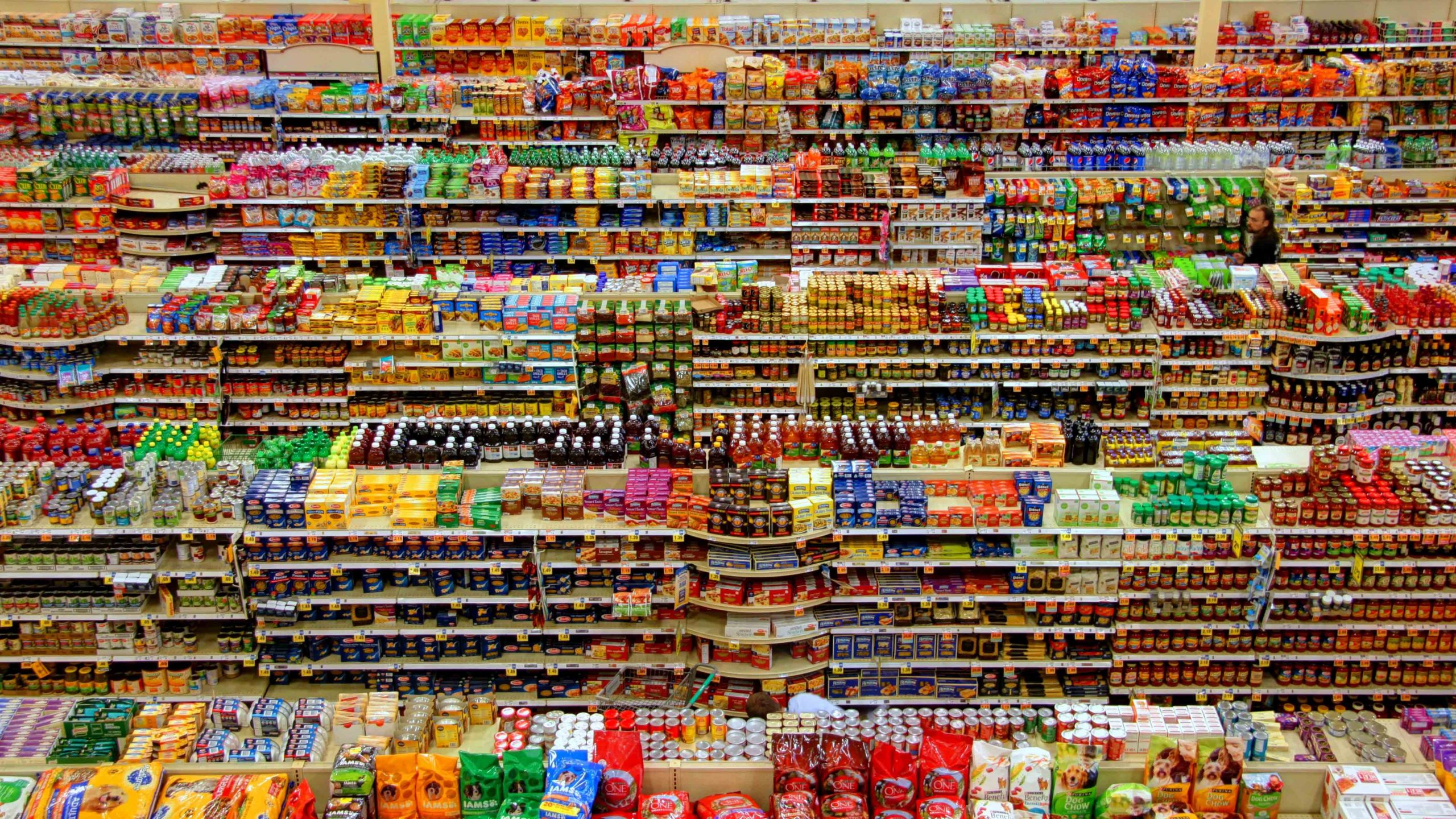The supermarket Asda has started to sell second-hand clothing in an attempt to encourage consumers to shop more sustainably. But as some of the UK’s largest polluters, is this simply another of their tactics to greenwash consumers?
Laura Young and her mother felt a deep sense of satisfaction, handing over a reusable plastic tub to a man behind the supermarket counter. Like many, they were happy to play their part in the shop’s new and widely publicised “plastic-free” scheme.
However, their good intentions seemingly went unnoticed, as the man began to bring out food encased in plastic wrapping to be unpacked and placed innocently on display.
Taken aback, they confronted him. “Yes, all of this you are seeing on the counter is packaged up like this in the back,” he said sheepishly.
“Sometimes with what we are being sold, there’s a whole bunch of waste and plastic that comes with it and we just don’t see it,” said Young, a zero-waste advocate and climate activist from Glasgow. “Then you think, “oh isn’t it great that I’m getting to buy my X, Y, and Z”, when actually it came wrapped in plastic.”
This “Bring your own Containers” initiative is just one of many green schemes used by leading UK supermarkets to have been accused of “greenwashing”, a term used to describe tactics employed by organisations to appear more environmentally friendly than they really are.
“Supermarkets on the face of it are trying to do something, but really when you look into it, you think, what are they really doing?” says Young. “Sometimes they might be trying to do a good thing, but the full intentions of what they are doing are not necessarily right.”
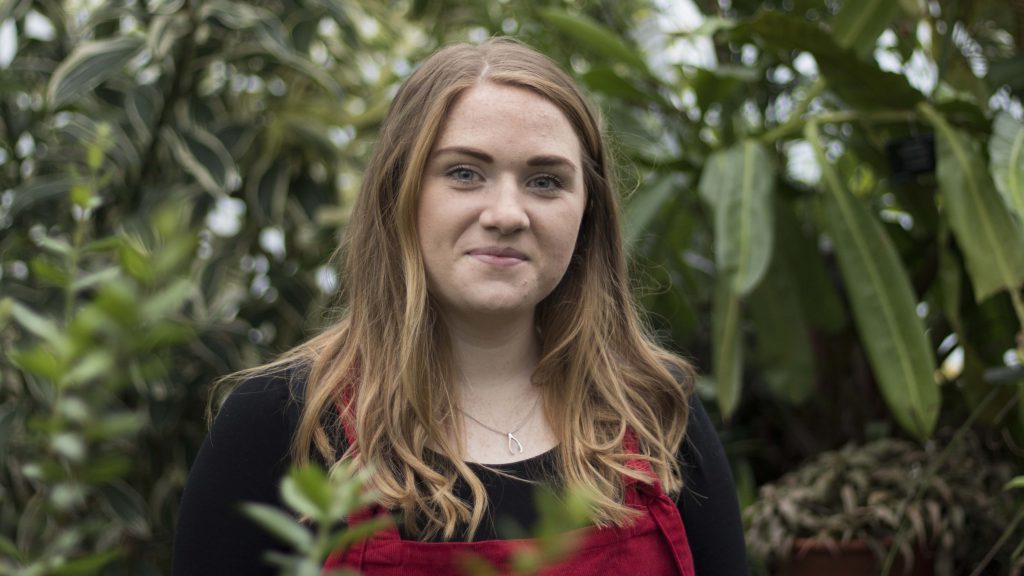
“I think there are lots of ways supermarkets are greenwashing, and it’s about being able to spot that.”
Yet for the majority of consumers, greenwashing tactics employed by supermarkets can be hard to identify and avoid. New initiatives such as Asda’s second-hand clothing range, which is being trialled in a number of their stores throughout the UK, also appears to be step in the right direction to a more circular economy and to reduce pollution caused by an excess of fast fashion clothing.
However, with over 900,000 tonnes of plastic packaging sold by supermarkets in 2019, according to the Environmental Investigation Agency, the ongoing issue of plastic pollution caused by these organisations is of greater concern.
Similar to Young’s experience, customers at the supermarket Sainsburys last year were shocked to find “sustainable” bedsheets covered in plastic packaging left with notes on them asking staff to remove it before being put out on display. With such errors being made, consumers have become increasingly sceptical of the supermarkets’ efforts to go green.
“We can only buy what’s on offer to us. So, if it’s my job to go into Sainsbury’s and not buy plastic, that cuts out 95% of what’s available to me,” says Young.
Whilst the 5p charge for plastic shopping bags has encouraged a fall of 95% since its introduction in 2015, according to government research, alternatives such as compostable or biodegradable carrier bags have come under attack. Campaigners argue that “biodegradable” carrier bags have led consumers to believe they are an environmentally friendly alternative. However, research has found that these bags are able to remain intact for over three years when buried in the ground.
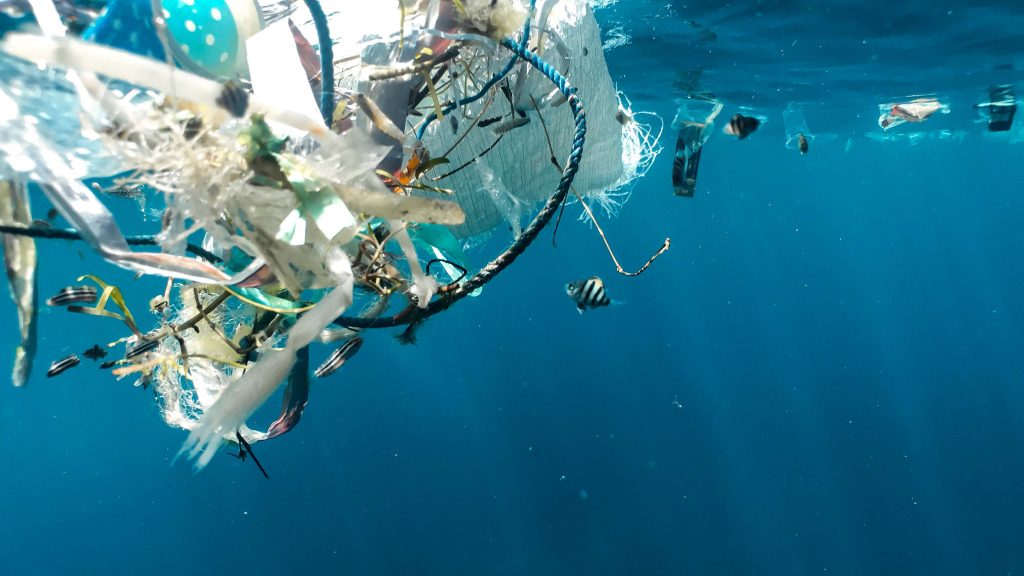
8 million tonnes of plastic waste ends up in the oceans each year, much of it from supermarkets. (Image by Naja Bertolt Jensen via Unsplash)
“You’ve got the Cooperative which got rid of plastic bags and have brought in these compostable ones,” said Young. “In my mind, that’s still single-use consumption, it’s just a different material and we know that compostable items are just not really any better than plastic.
“We as consumers have been told plastic is bad, so we just assume whatever the alternative must be better.”
All eight of the UK’s major supermarkets publicly state their own environmental aims and have signed pledges such as WRAP’s UK Plastics Pact. This aims to eliminate problematic plastics from their shelves by 2025. Nonetheless, according to Greenpeace UK, supermarkets are still not doing enough after having only cut plastic waste production by just 2% since 2018.
“There’s a lot of performative stuff,” said Young. “Ultimately, supermarkets don’t need to sign a government pact to make a difference.” “It’s one of these things where you think it’s not really solving the problem yet, and actually I think supermarkets could do a lot more.”
“We need supermarkets to band together and have an industry discussion or we need it to be a policy legislative approach.”
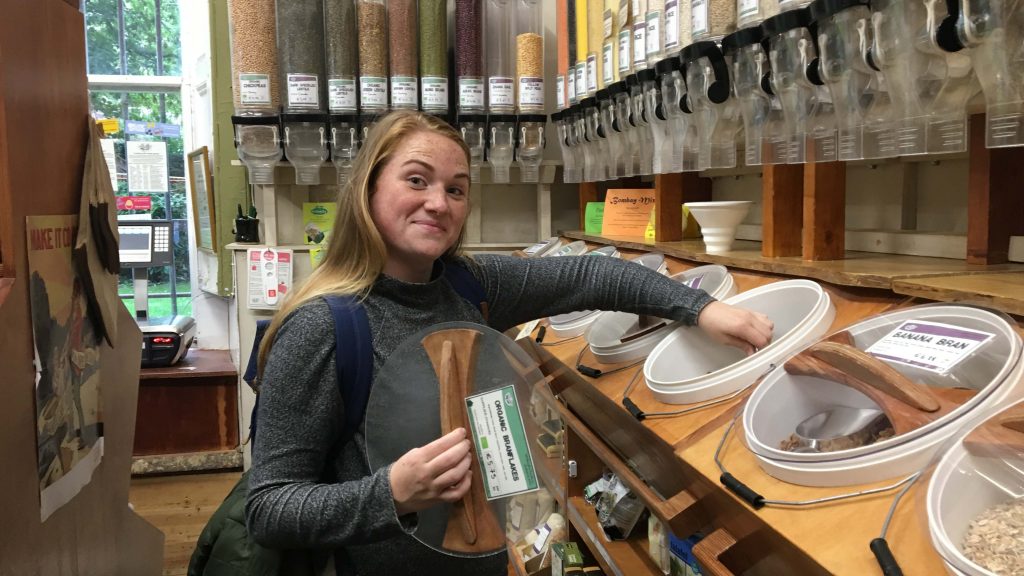
Supermarkets’ use of green marketing of products have also been accused of misleading consumers into thinking they are buying ethical and sustainable foods, according to Dr Ella Furness, a researcher at Cardiff University studying the role of producers and consumers in food systems.
“There’s a lot of language like “farm fresh” and things like that which when you actually dig down, they mean nothing.” “They use quaint names for things, when actually it’s just industrial agriculture which is ecologically very damaging.”
Awareness of this marketing approach was raised in 2017 when Tesco, the third-largest food retailer in the world, was accused of misleading customers after they were found to be using fake farm names to brand several of their budget products as local produce. Despite this, similar tactics such as the use of leafy logos and imagery continue to be used, persuading consumers that their food is locally and organically produced.
Furness’ research, which analyses the role of small-scale sustainable agriculture in the UK and how it can influence peoples’ food habits, has shown that even individuals who think they are eating in a sustainable way are eating unseasonably.
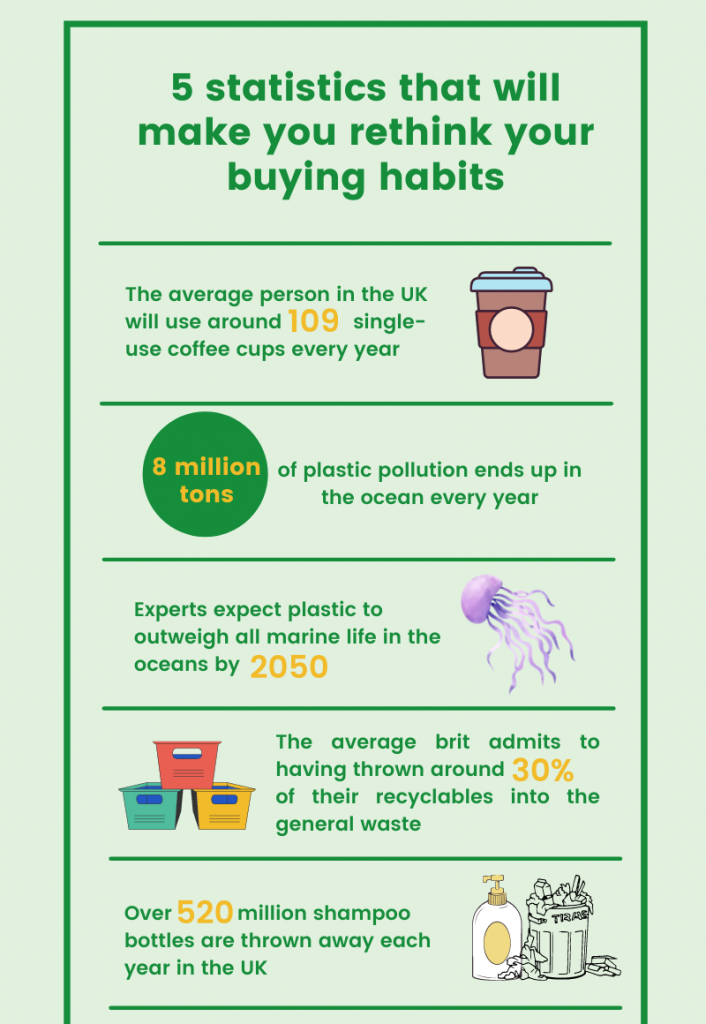
“The biggest impact supermarkets have had is the change in the norms of what we eat,” says Furness. “They are so powerful and so ubiquitous, and we can buy anything that we want from all over the world. That wasn’t the case even 50 years ago. It has changed the way we eat completely, and our expectations.”
Transporting foods grown elsewhere to the UK, such as out-of-season fruits, contribute to a large carbon footprint particularly if they are delivered by plane. Moving food across the globe is estimated to produce around 19 million tonnes of CO2 each year according to the Department for Environment, Food and Rural Affairs.
“A real thing that they could do, is that they could plough money, resources and training into sustainable agriculture in the UK. If they were to do something like that, it would have a fundamental effect.”
The UK government have more of a role to play in reducing waste and creating transformative change within supermarkets, according to Furness. “Whilst supermarkets have stumbled into a position of massive responsibility through such market dominance, ultimately its government that has enabled this to happen. They have the tools to make these changes.”
Despite the slow progress being made by supermarkets and the UK government to provide consumers with environmentally friendly alternatives, Young still believes individuals can avoid falling under the trap of supermarket greenwashing and make a genuine difference through simple consumer changes.
“Instead of being like how do I shop in a supermarket, I think I’ve actually gone, how do I not shop in a supermarket? But then what comes with that is obviously time, cost, resources and that kind of thing.” Lifestyle changes such as shopping in independent shops in the local area and zero waste stores can contribute to a reduction in “food miles” and a dramatic personal reduction in plastic packaging.
For those whose only options are supermarkets however, Young advises starting by starting small and identifying one product within the grocery basket that can be swapped for an eco-friendly alternative.
“Even if you all go away and just change one thing, you don’t realise how much by volume that really is. Even if it’s just one toothbrush or a thousand bottles, it’s still stuff that you are avoiding from ending up in a landfill.”
“These solutions are coming, maybe we just have to be patient for them and give ourselves a little grace.”
